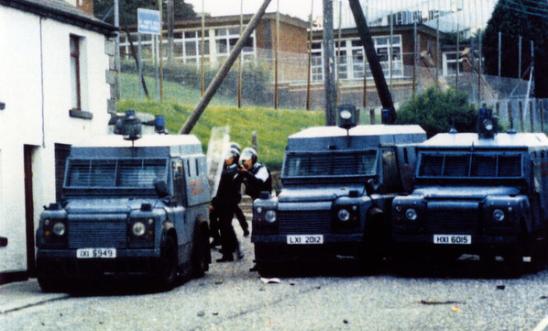
Press releases
Northern Ireland: Calls from COE commissioner for Troubles bill to be scrapped

Amnesty International has today welcomed calls to the UK government from the Council of Europe Commissioner on Human Rights, Dunja Mijatovic to withdraw its widely opposed Northern Ireland Troubles Bill and ensure victims rights and needs are at centre of the legacy process.
The calls follow the Commissioner’s UK state visit in June of this year and are in her report published today.
Amnesty met with the Commissioner during her visit and expressed grave concerns with the Bill, including that it is a significant interference in the justice system, undermines the rule of law, would set a dangerous precedent internationally and sacrifices victims’ rights to protect perpetrators.
The Council of Europe Committee of Ministers has also today expressed concern that the Troubles Bill has not been paused and calls on the UK government to ensure legacy mechanisms are compliant with the UK’s human rights obligations.
Grainne Teggart, Deputy Director for Northern Ireland at Amnesty International UK, said:
“Once again, the UK government finds itself isolated on the international stage. These are welcome and important calls which the UK government must not ignore. Victims’ rights must be prioritised and the bill scrapped.
“This intervention adds to the cutting critique and overwhelming opposition facing the Troubles bill.
“The UK government’s determination to deprive victims’ and families of the justice they deserve while shielding the perpetrators who are responsible for murder, torture and other serious crimes makes a mockery of the rule of law and any claims by UK government that they respect human rights.
“Recent changes proposed by Government are little more than a thinly veiled attempt to make the bill appear more just. We and victims are not buying it. The bill cannot be fixed, the right thing for Government to do is scrap it.”
Widespread opposition
The bill is a de facto amnesty that has been widely rejected by victims’, victims’ groups, Amnesty International, Northern Ireland political parties and the Irish government with grave concerns raised by the UN, the US Congress and the Council of Europe Committee of Ministers and Commissioner on Human Rights.